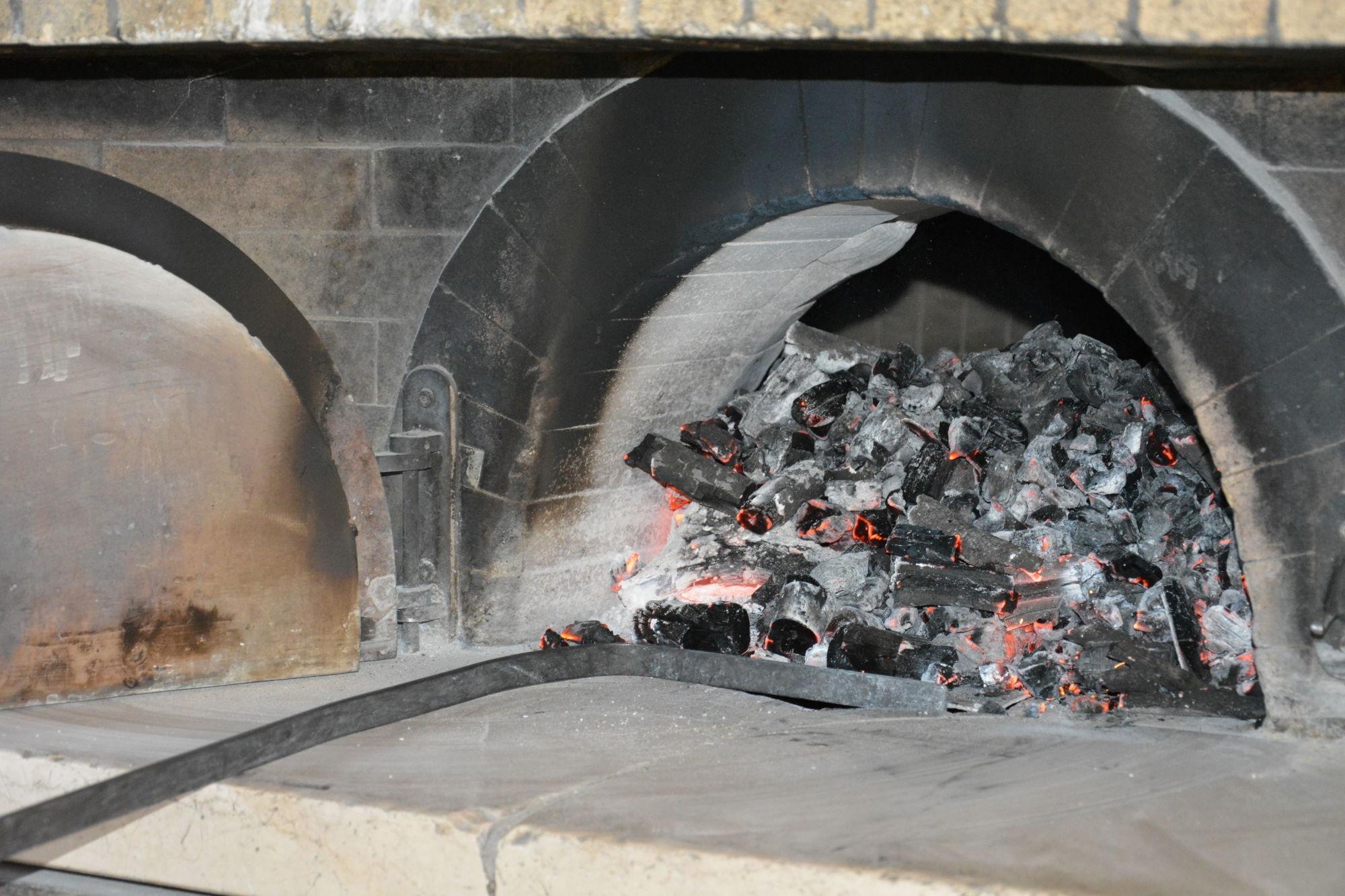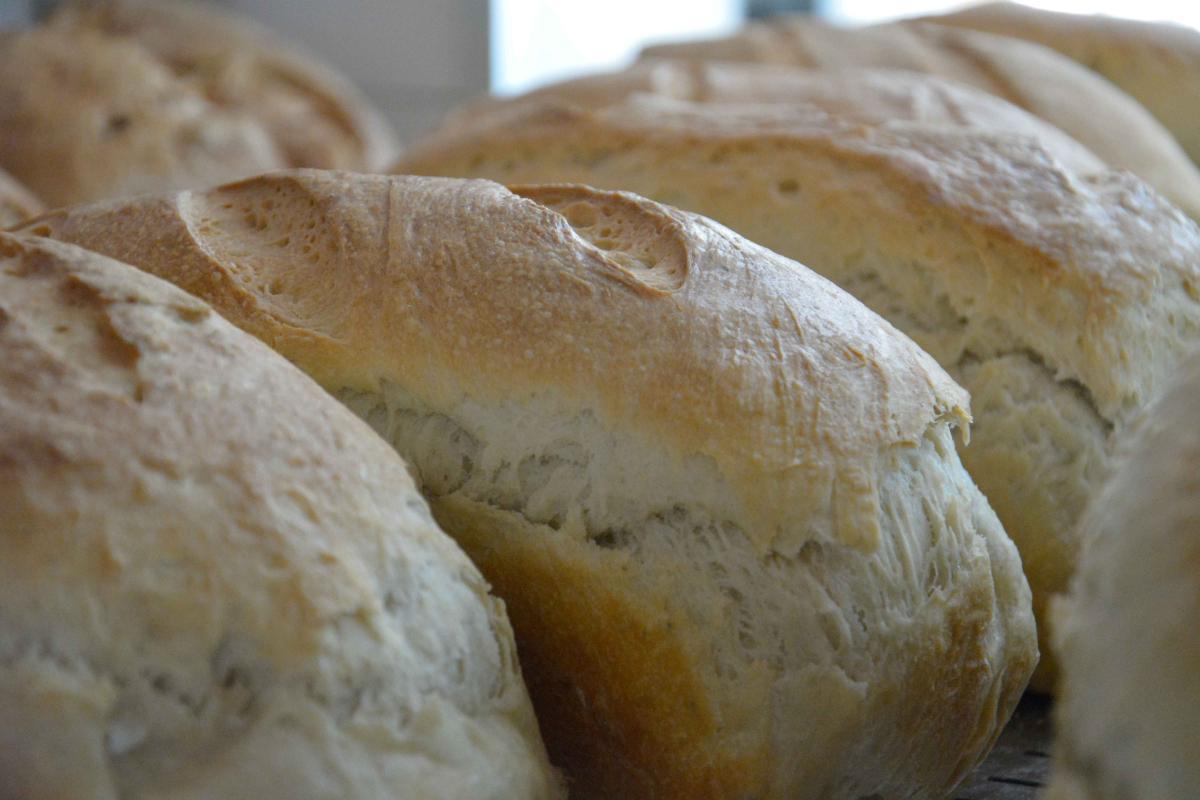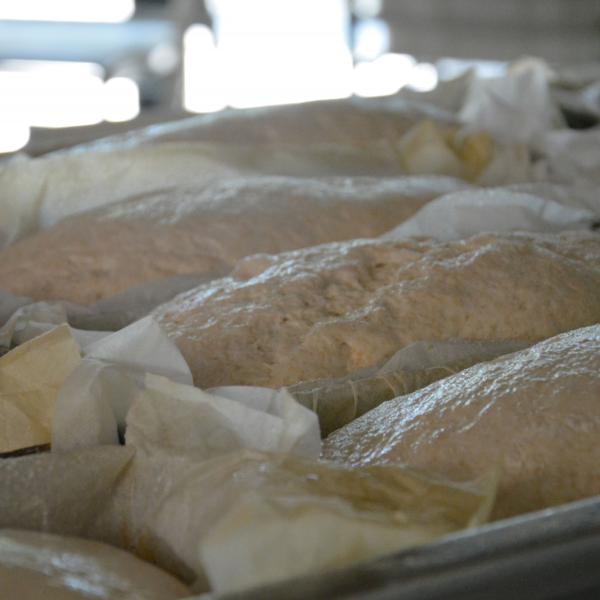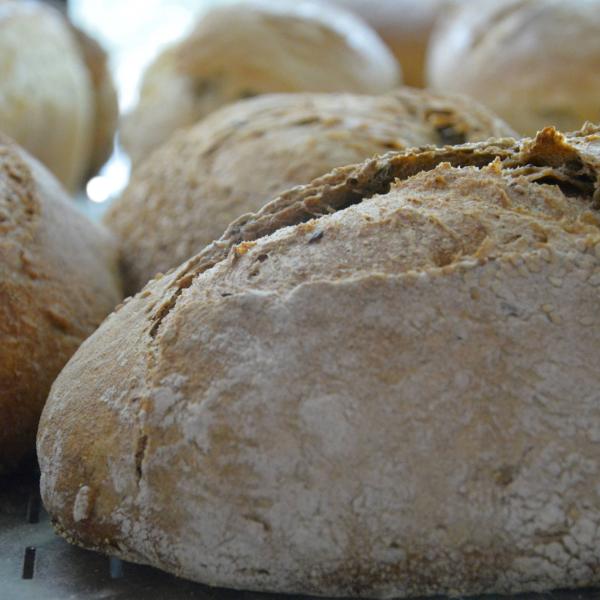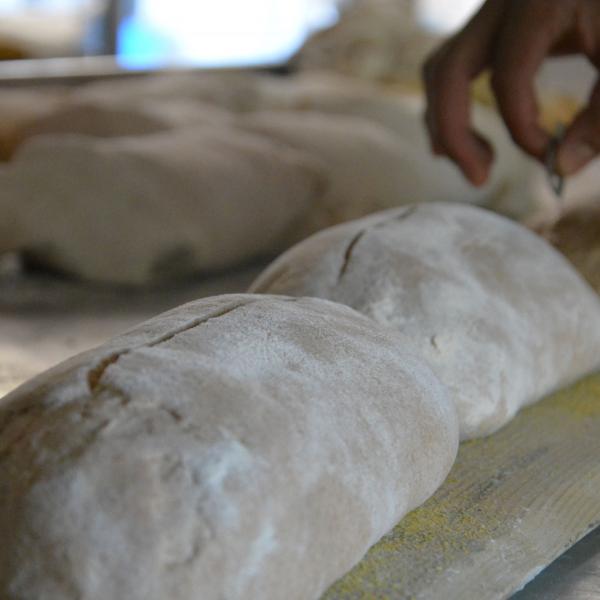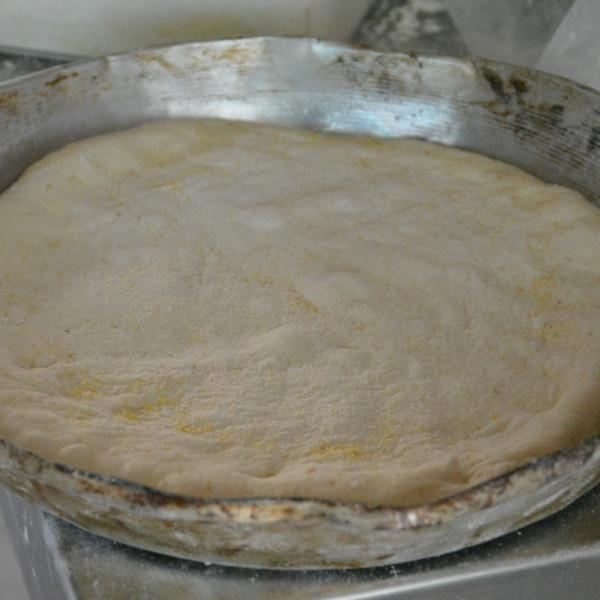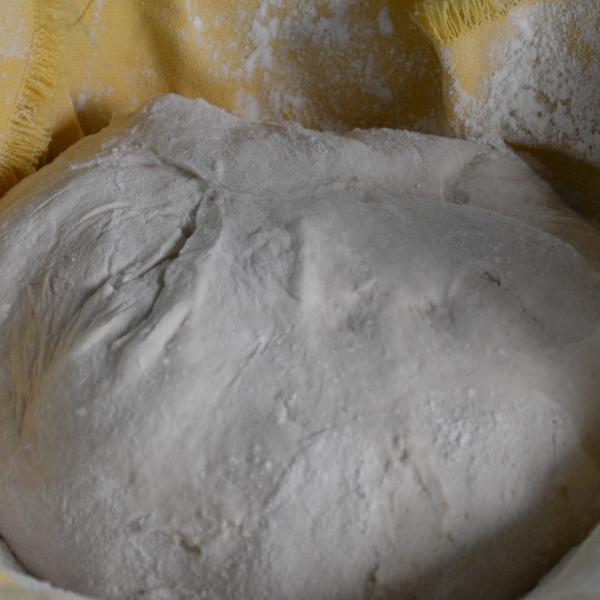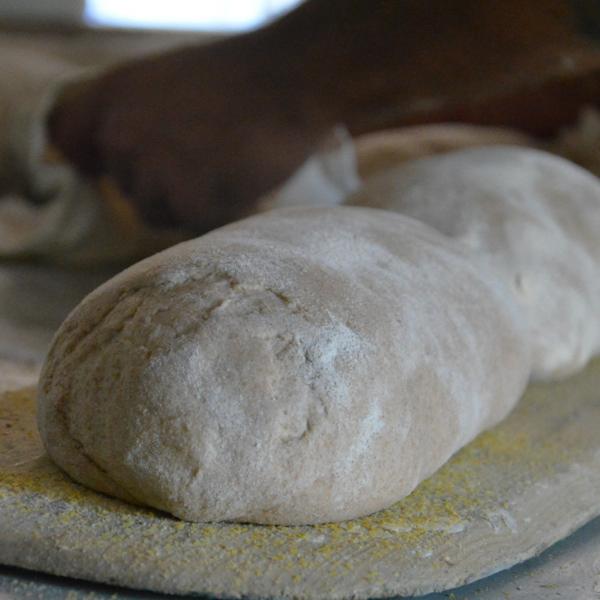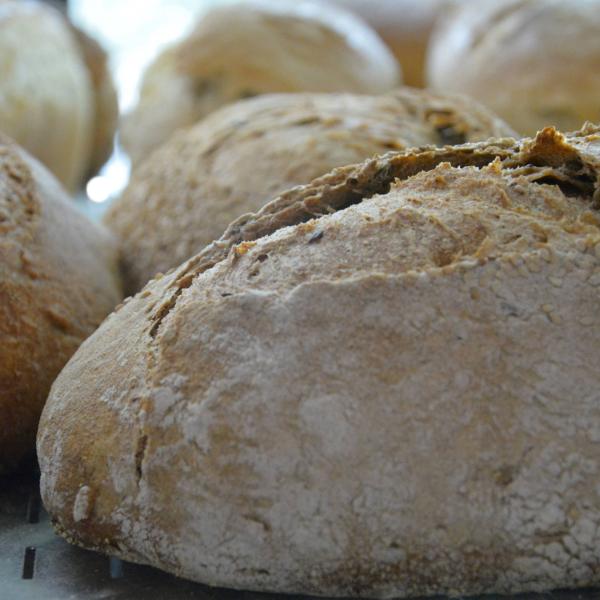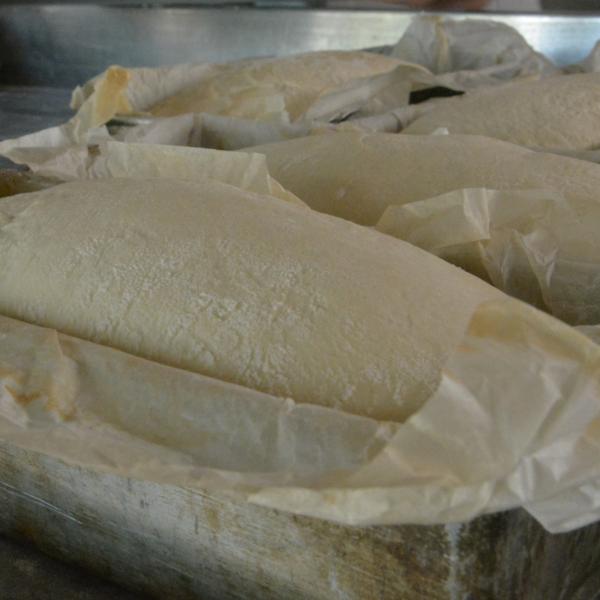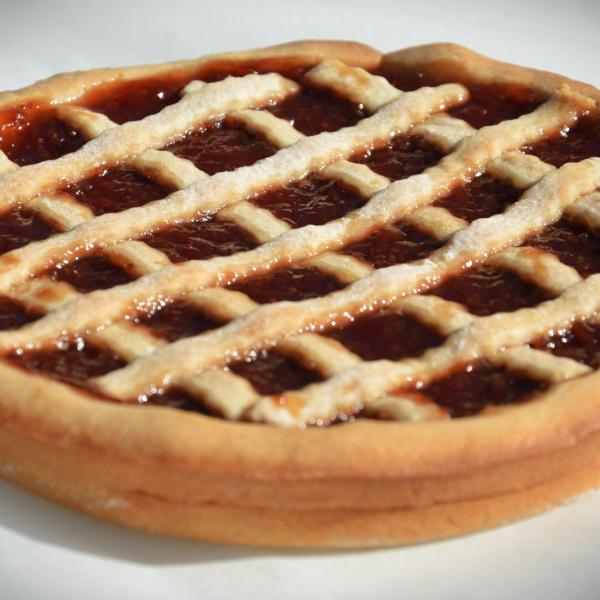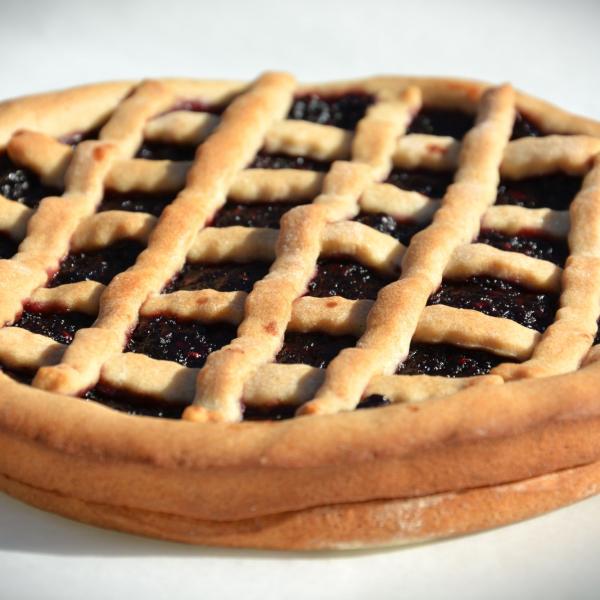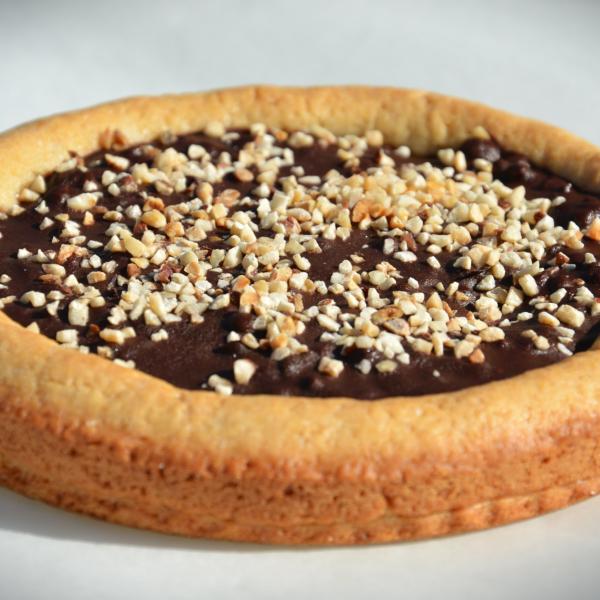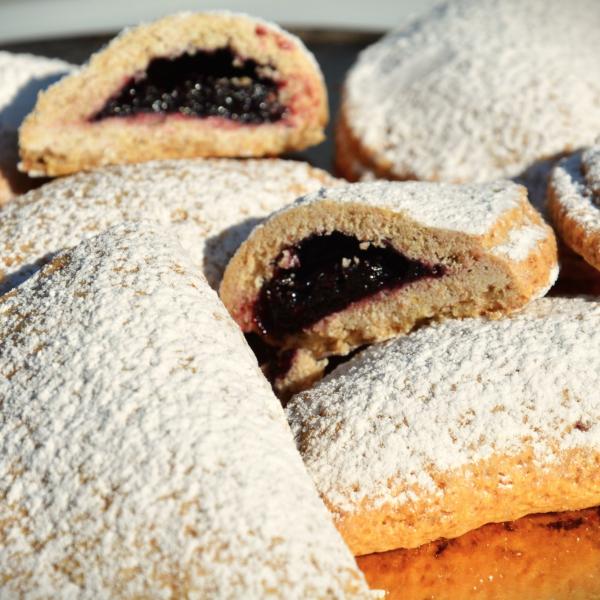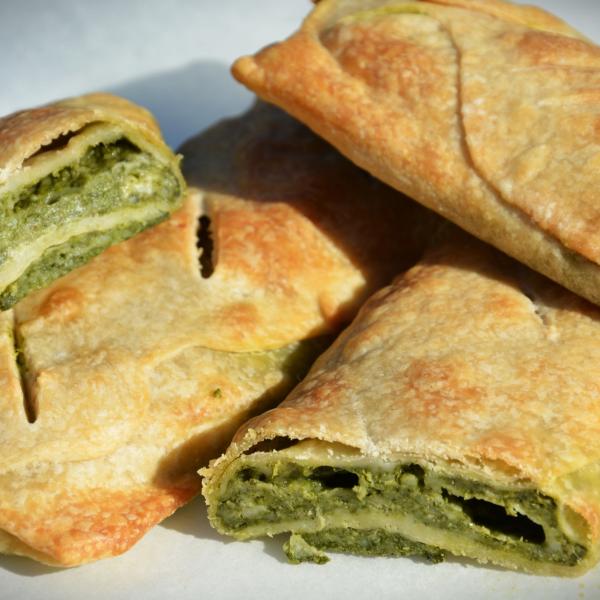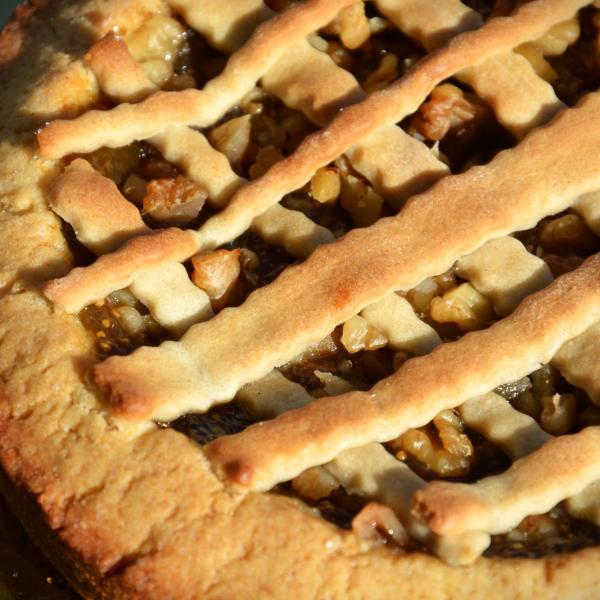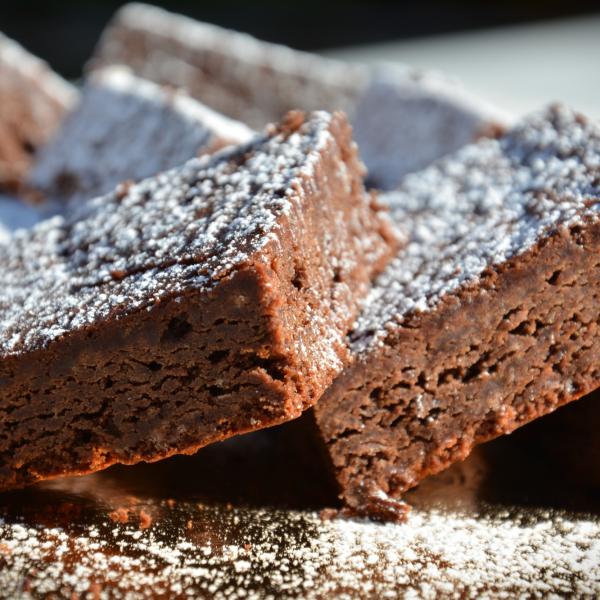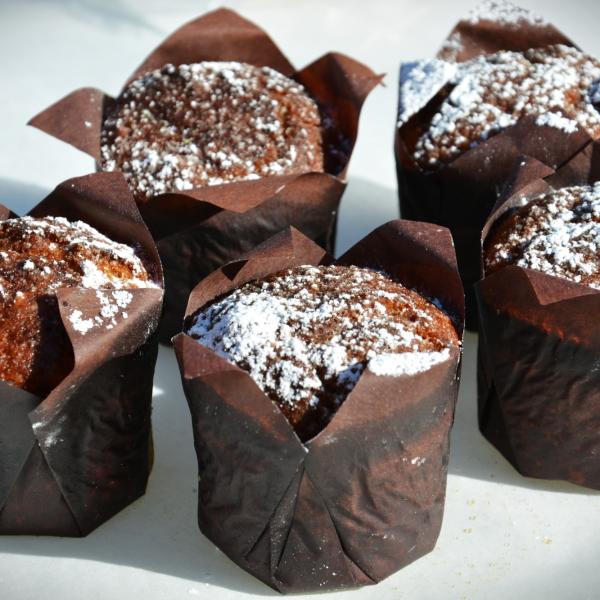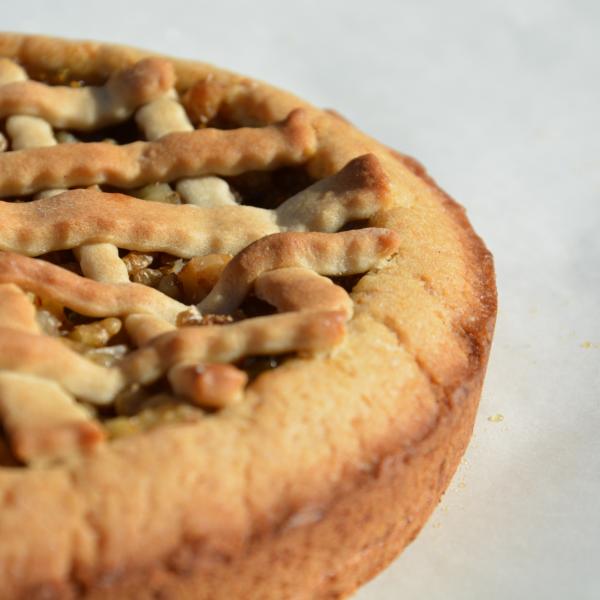Objectives of the project
Production of baked goods with the control of all the steps of the supply chain: the cultivation of soft wheat in the members' fields, the milling at the “La Grande Ruota” mill, the production of baked goods with our flours, sourdough and cooking in a wood oven.
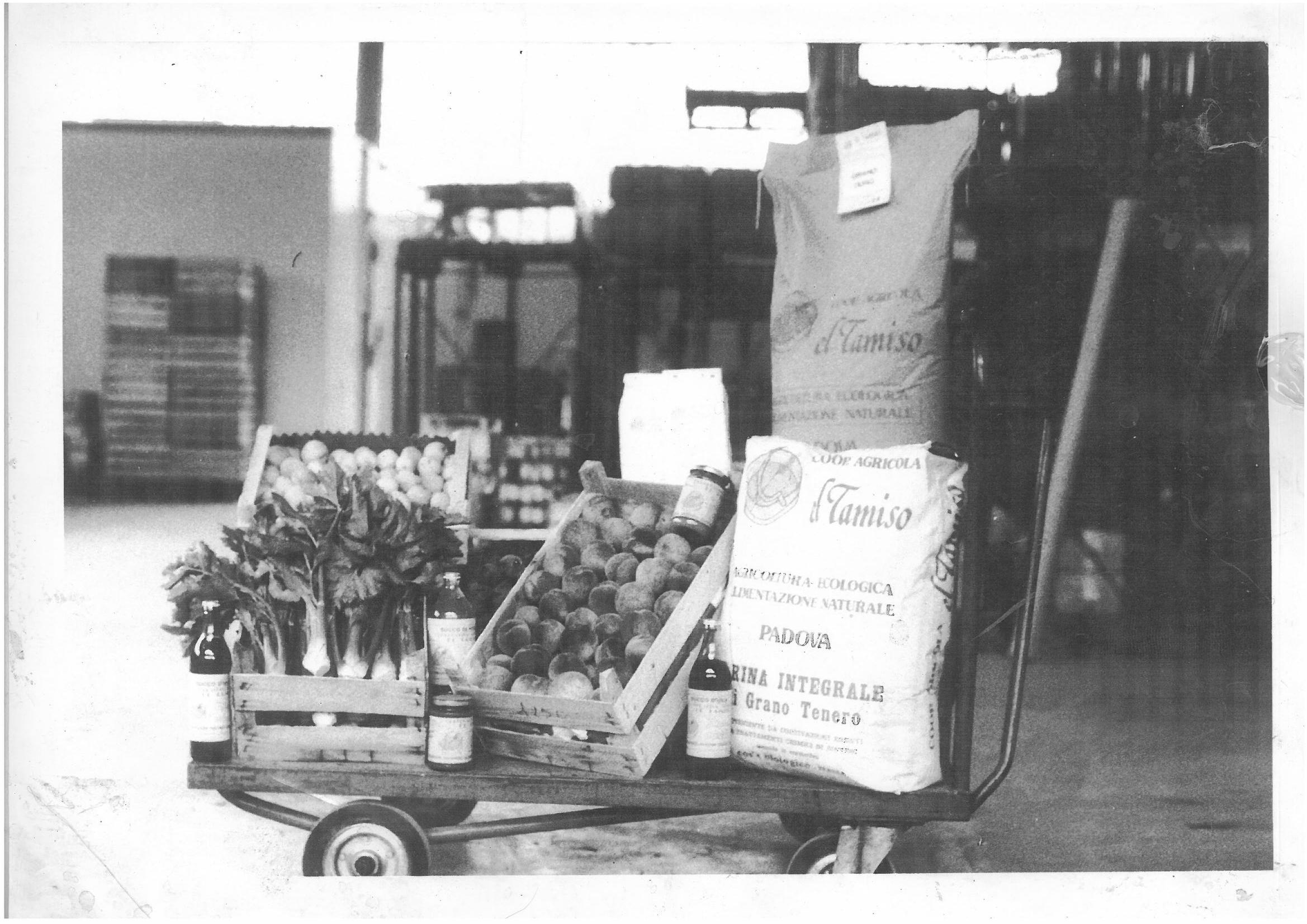
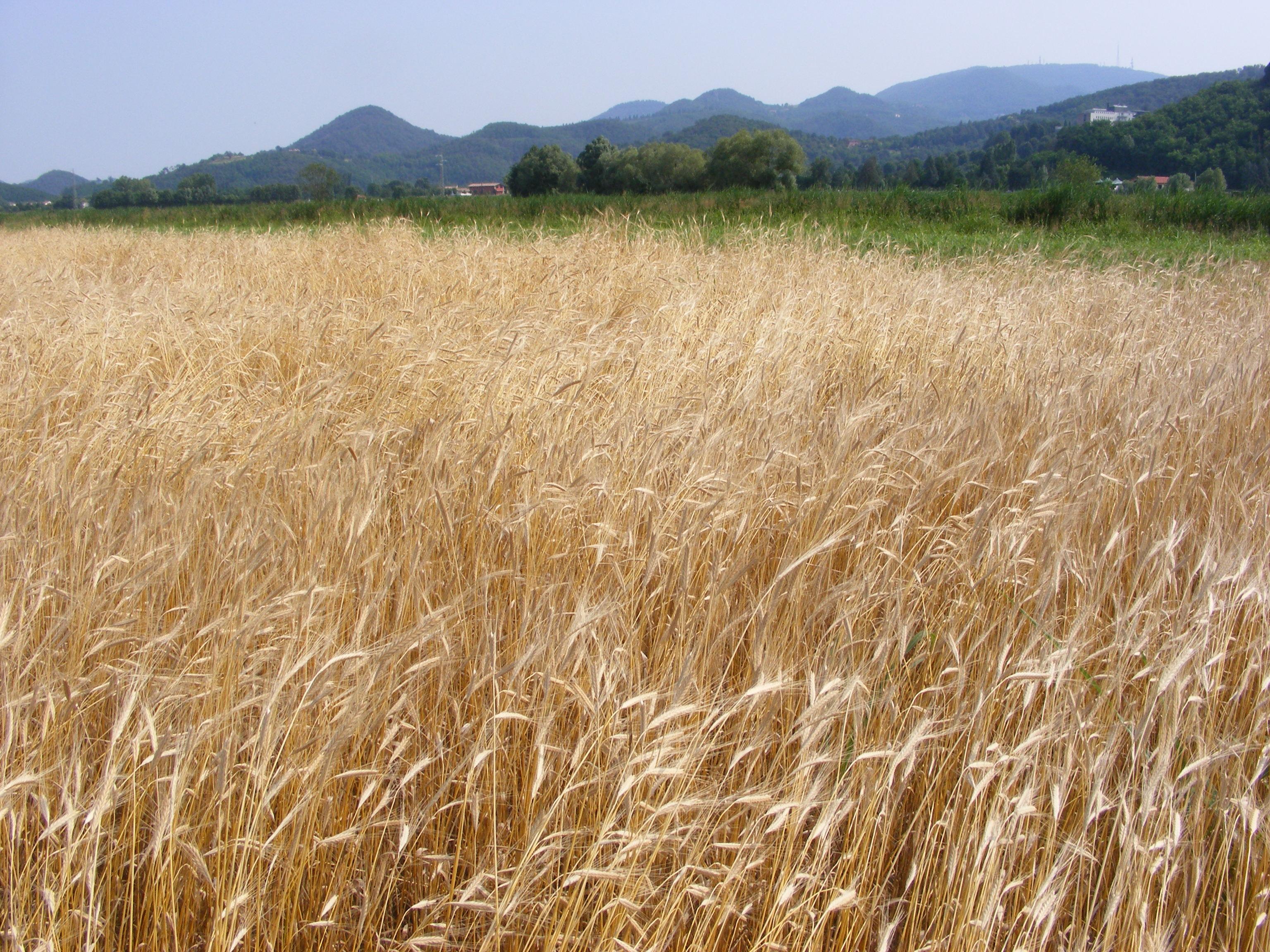
The seeds available to organic farmers are the same as those reserved for conventional markets, but not treated; these struggle to grow if not supported by inputs typical of conventional agriculture (abundant fertilization and micronutrient support). To evade this type of approach, the cooperative began, more than ten years ago, a research path identifying “ancient varieties”, types of seeds worthy of being recovered. These varieties (Gentil Rosso, Andriolo, Piave, Mentana, Canove, etc.) have in common that they were cultivated before the 1950s. In fact, in recent years, the selection driven by greater productivity and gluten content, has led farmers to abandon the old varieties in favor of the new ones that gave a more generous harvest but were less competitive against weeds with a consequent increase in the use of pesticides and herbicides. The “ancient” varieties are therefore varieties with a low productivity and with a medium-low gluten content.
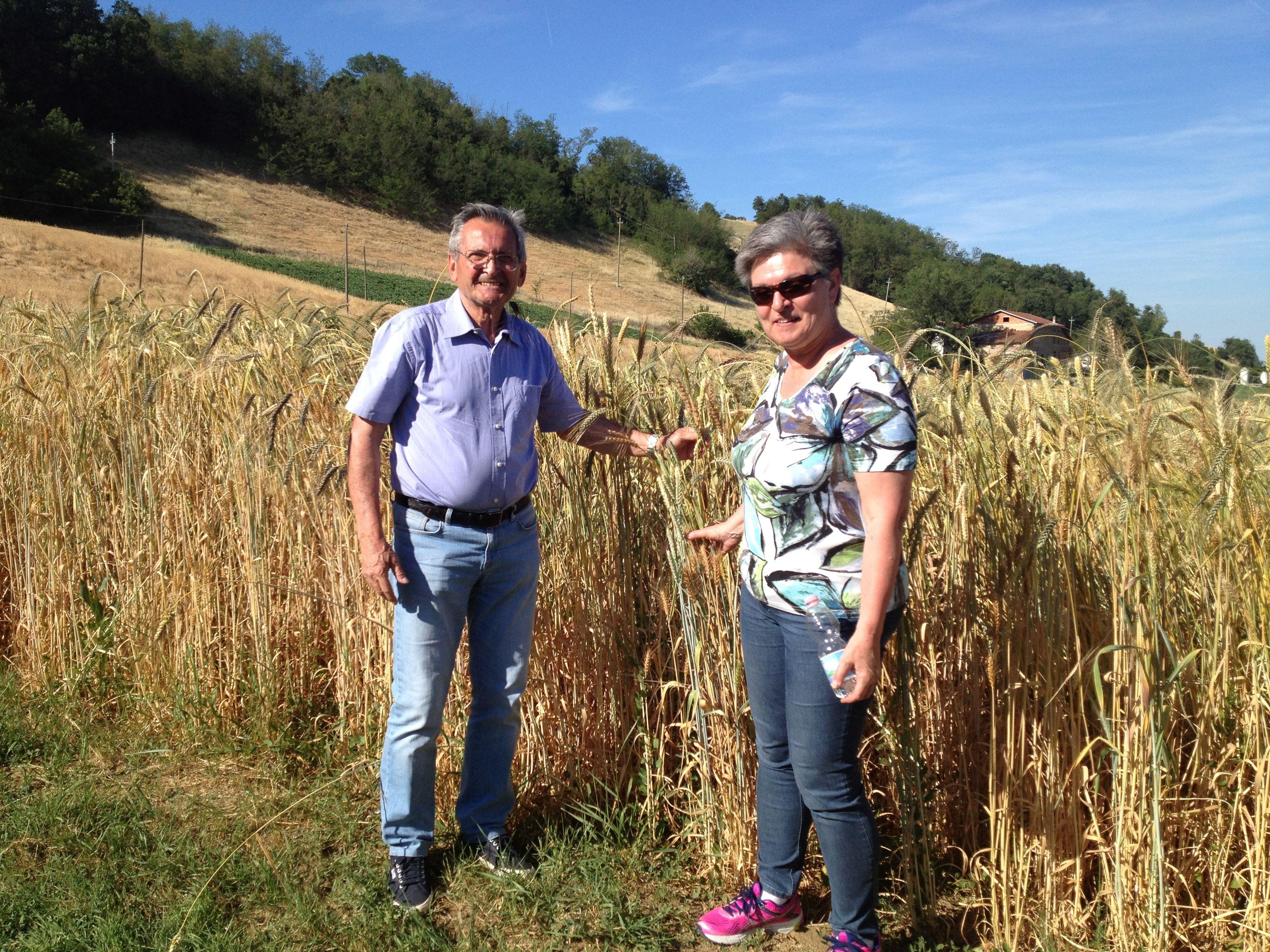
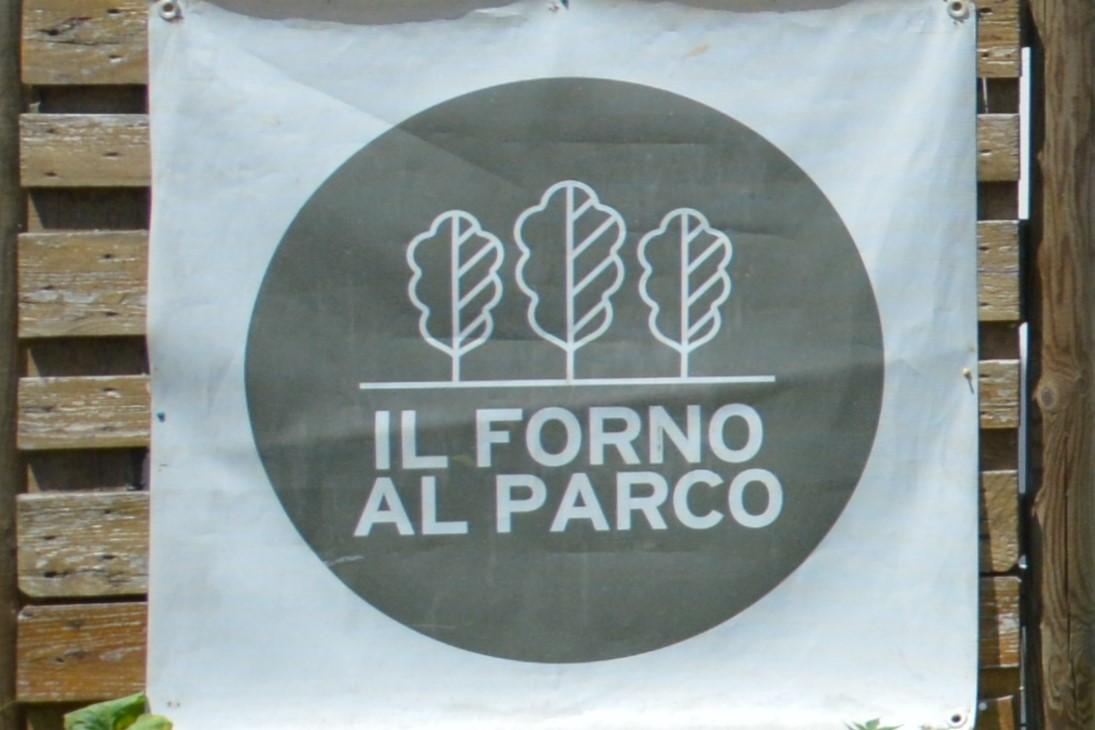
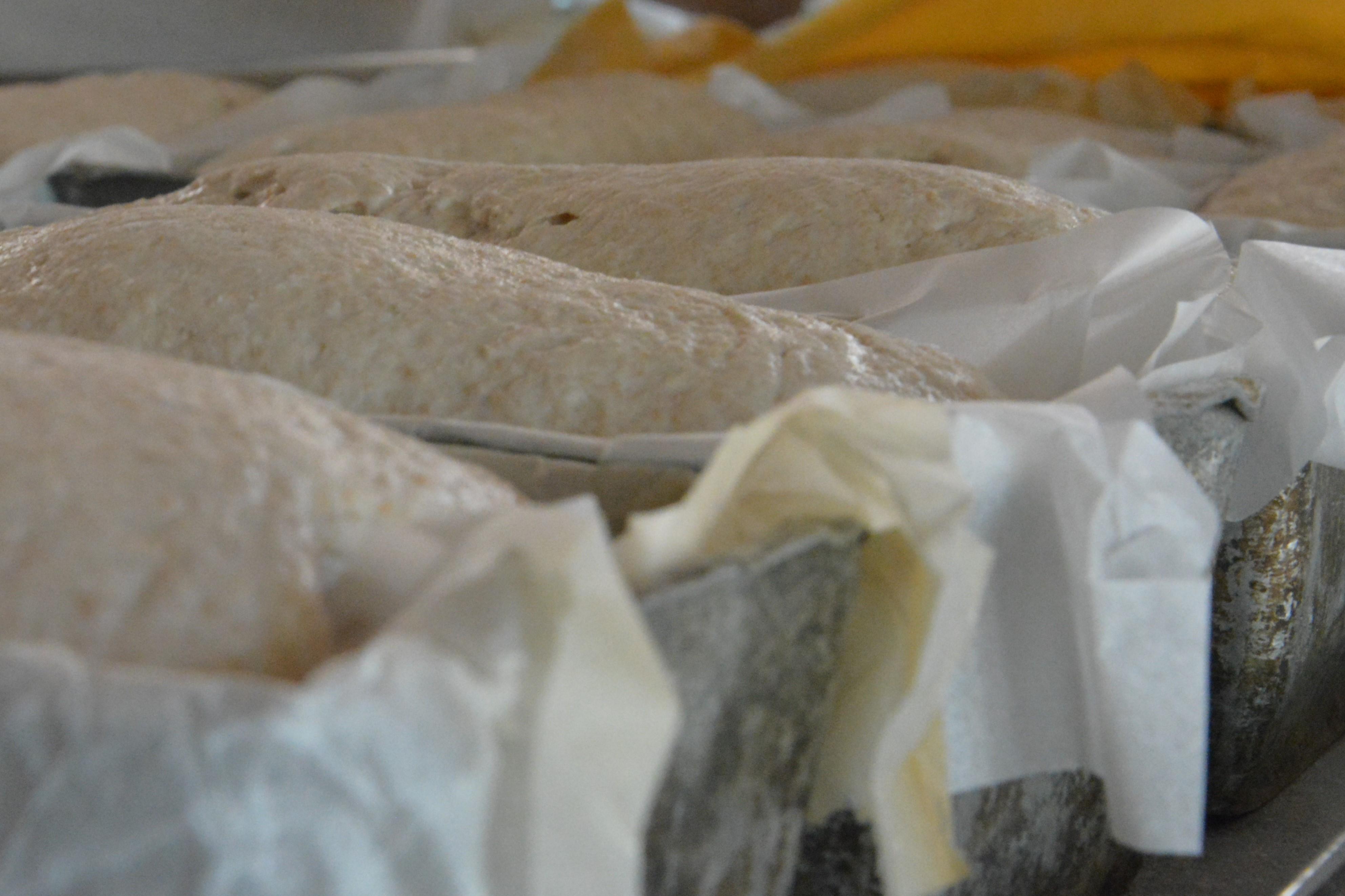
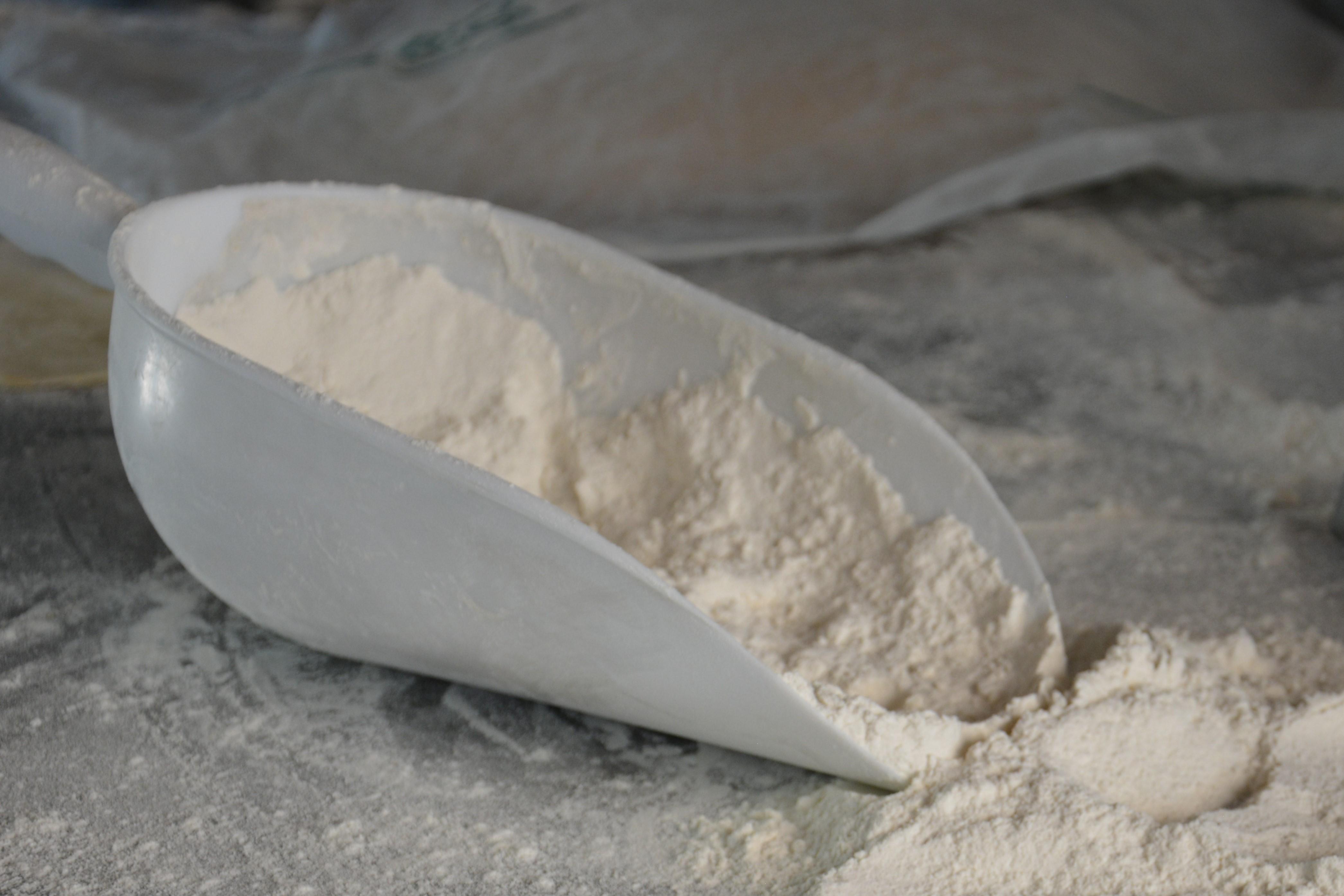

Below is a description of the types of breads produced and their flours.
They are all 1 kg in size and a distinction is made between boxed breads and loaves cooked directly on stone.
filone all'olio: filone in a box produced with type “0" soft wheat flour enriched with organic extra virgin olive oil.
spelt filone: filone in a box with spelt whole spelt flour.
pumpkin loaf: loaf cooked on stone and kneaded with type 0 flour, enriched with pumpkin puree, sunflower oil and toasted sunflower seeds.
loaf with ancient grains: a loaf kneaded with type “1" flour of Ancient Grains, the result of the mixture of four varieties of wheat typical of Veneto.
whole wheat bread: a loaf made with whole wheat flour.
whole wheat bread with seeds: always whole wheat with the addition of flaxseed, pumpkin and sunflower.
Furat: soft wheat loaf that uses flour from the evolutionary mixture recently introduced by the cooperative.
In addition to baked breads, pizzas, focaccia and cecine are also produced.
